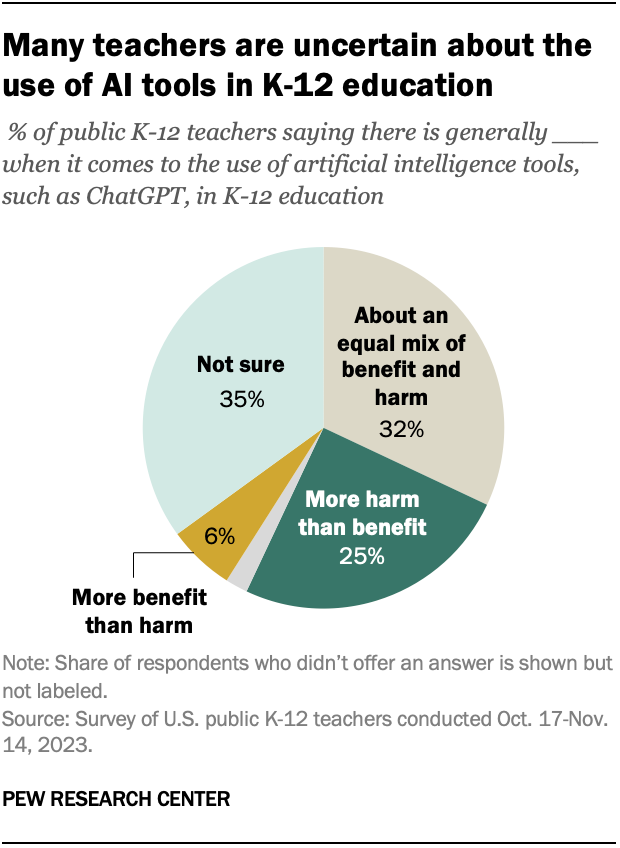Navigating AI in Education: Balancing Innovation and Skills
Students are concerned that AI reliance may undermine essential study skills, sparking debates on its impact on learning and critical thinking.

AI in Education: Balancing Innovation and Skills
A growing number of students express concerns that their reliance on artificial intelligence (AI) tools for academic work—from homework to exam preparation—may undermine their fundamental study and research skills. This anxiety emerges as new data show that over 90% of students now use AI regularly in their studies, with nearly nine in ten admitting to using generative AI like ChatGPT during tests. The rapid adoption of these tools has sparked a debate among educators, students, and policymakers about the long-term impact on learning, critical thinking, and academic integrity.
The Surge of AI in the Classroom
Recent surveys reveal a dramatic increase in the use of AI among students. In 2025, 92% of students report regularly using AI for their studies, a sharp rise from 66% just a year earlier. Among college students, 82% use AI on a regular basis, while among high schoolers, the figure has climbed from 79% to 84% in the first half of 2025. Half of high school students now use AI to brainstorm, edit essays, or conduct research, with 69% naming ChatGPT as their tool of choice for assignments and homework.
This surge is not limited to higher education. High schools are also experiencing rapid integration, though with less formal guidance: only 58% of high school students say their schools have clear AI policies, compared to colleges where such policies are more common. The lack of structured guidelines has left many students navigating the ethical and practical challenges of AI use on their own.
Student Fears: Erosion of Independent Learning
While AI tools offer clear benefits—saving time, improving grades, and enhancing research capabilities—many students now voice concerns about their own development. The central fear is that over-reliance on AI could erode essential academic skills, such as critical analysis, independent research, and original writing. Students worry that outsourcing these tasks to machines may leave them ill-prepared for higher education and professional environments where human judgment and creativity are paramount.
Educators report encountering assignments that, while technically proficient, lack the student’s authentic voice or demonstrate a superficial understanding of the material. In some cases, students submit work that is “almost too good to be true,” with language and citations that do not match their usual style. This phenomenon has led to growing unease among faculty, who struggle to detect AI-generated content and ensure that learning outcomes are not compromised.
Educational Policy and Ethical Challenges
The rapid adoption of AI has outpaced the development of clear policies and ethical frameworks. Institutions face three primary challenges:
- Ensuring equal access to AI tools
- Detecting unauthorized use
- Designing curricula that leverage AI without sacrificing core learning objectives
Many educators advocate for a balanced approach—embracing AI as a supplement to traditional study methods while emphasizing the development of human-centric skills such as critical thinking, ethical reasoning, and creativity.
There is also a recognition that students use AI for different reasons—some to save time, others to achieve better grades, and still others to genuinely enhance their skills. Understanding these motivations is key to crafting policies that support meaningful learning rather than mere compliance.
Broader Implications for Education and Society
The integration of AI into education is not just a technical shift but a cultural one. As AI becomes embedded in daily academic routines, it raises fundamental questions about the purpose of education. Are schools preparing students to think independently, or merely to use tools efficiently? How can educators assess genuine understanding when AI can mimic it so convincingly?
Employers increasingly value skills that AI cannot replicate—creativity, emotional intelligence, and ethical judgment. If students become overly dependent on AI for basic academic tasks, they may find themselves at a disadvantage in the workforce, where these human skills are most prized.
The Path Forward: Balancing Innovation and Integrity
Addressing these challenges requires a multi-stakeholder approach. Educators must update curricula to integrate AI responsibly, teaching students not only how to use these tools but also when and why to do so. Institutions should develop clear, enforceable policies on AI use, with input from students, faculty, and industry leaders. And students themselves must be encouraged to reflect on their own learning processes, ensuring that AI enhances rather than replaces their intellectual growth.
The current moment presents both risks and opportunities. If managed thoughtfully, AI can democratize access to knowledge, personalize learning, and free up time for higher-order thinking. If neglected, it risks creating a generation of learners who are proficient with technology but lack the depth of understanding needed to navigate an increasingly complex world.



